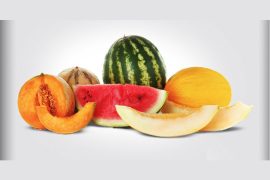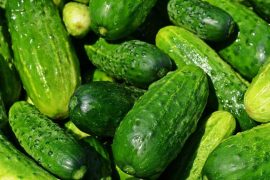Incorporating ghee into your winter diet can be a healthful choice, provided it is done in moderation. Ghee, rich in healthy fats and vitamins A, D, E, and K, serves as a nourishing addition to your meals, benefiting various aspects of your body such as bones, skin, and immune function. It is considered both a medicinal and feel-good factor during the winter season.
Despite its nutritional benefits, individuals who are obese or overweight should approach ghee cautiously. Excessive consumption can lead to weight gain and may worsen risk factors for chronic diseases, including blood sugar and blood pressure. However, when consumed in moderation, ghee can contribute positively to heart health, digestive health, and inflammation prevention.
To incorporate ghee into your winter diet in a healthful manner, consider adding a dollop to your piping hot bowl of dal or soup. Alternatively, drizzle it on top of your roti for an irresistible aroma and a filling, satisfying meal. By being mindful of portions, individuals can enjoy the benefits of ghee without compromising their overall health.
The appropriate amount of ghee to consume:
Contrary to the misconception that ghee may lead to fat accumulation and high cholesterol levels, a nutritionist dispels this myth and advocates for the inclusion of ghee in the daily diet. The recommended dosage of ghee is 1-2 teaspoons, with a maximum of 3 teaspoons per day. It’s crucial to monitor overall monthly cooking oil consumption to maintain a balanced diet.
Ghee, known for its high smoking point, is best utilized as a topping or for roasting rather than in deep-frying. Despite its rich flavor, ghee can be incorporated into meals in a healthy manner. High-quality and organic ghee is recommended, emphasizing the importance of moderation.
Ghee contains healthy fats, including omega-3 fatty acids, which contribute to cardiovascular health. It’s suggested that ghee, when consumed mindfully, can be a beneficial addition to a heart-healthy diet, even during the winter months. The key lies in moderation and selecting quality ghee for optimal health benefits.
Healthy Ways to Incorporate Ghee into Your Diet:
- Sauteing or Roasting Vegetables:
Using ghee as a cooking medium for sautéing or roasting vegetables is a flavorful and nutritious way to include it in your winter diet. Ghee not only adds richness to the taste but also aids in the absorption of fat-soluble vitamins present in the vegetables. Opt for a variety of colorful vegetables to ensure a diverse range of nutrients in your meals.
2. Warm Beverages:
Incorporating ghee into warm beverages such as herbal teas or turmeric milk can create a comforting and nourishing drink. This addition not only enhances the flavor but also facilitates the absorption of certain fat-soluble compounds present in these beverages. It’s essential to avoid excessive sweetening to maintain the health benefits of these warm drinks.
3. Khichdi or Daliya:
Opt for whole grains over refined ones and introduce ghee into dishes like khichdi or daliya. This practice provides sustained energy and promotes a feeling of fullness, making it a wholesome and satisfying meal. To manage calorie intake, it’s crucial to practice portion control and use ghee in moderation.
Ways to add ghee to the diet:
- Add on top of dal and vegetable.
- Add in your soup.
- Add into daily rice preparation or khichdi.
- Have ghee chapati.
- Make paratha with ghee.
Disclaimer:
The information contained in this article is for educational and informational purposes only and is not intended as a health advice. We would ask you to consult a qualified professional or medical expert to gain additional knowledge before you choose to consume any product or perform any exercise.








